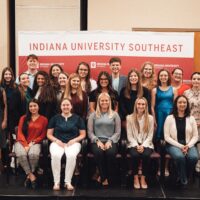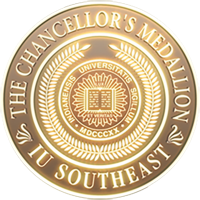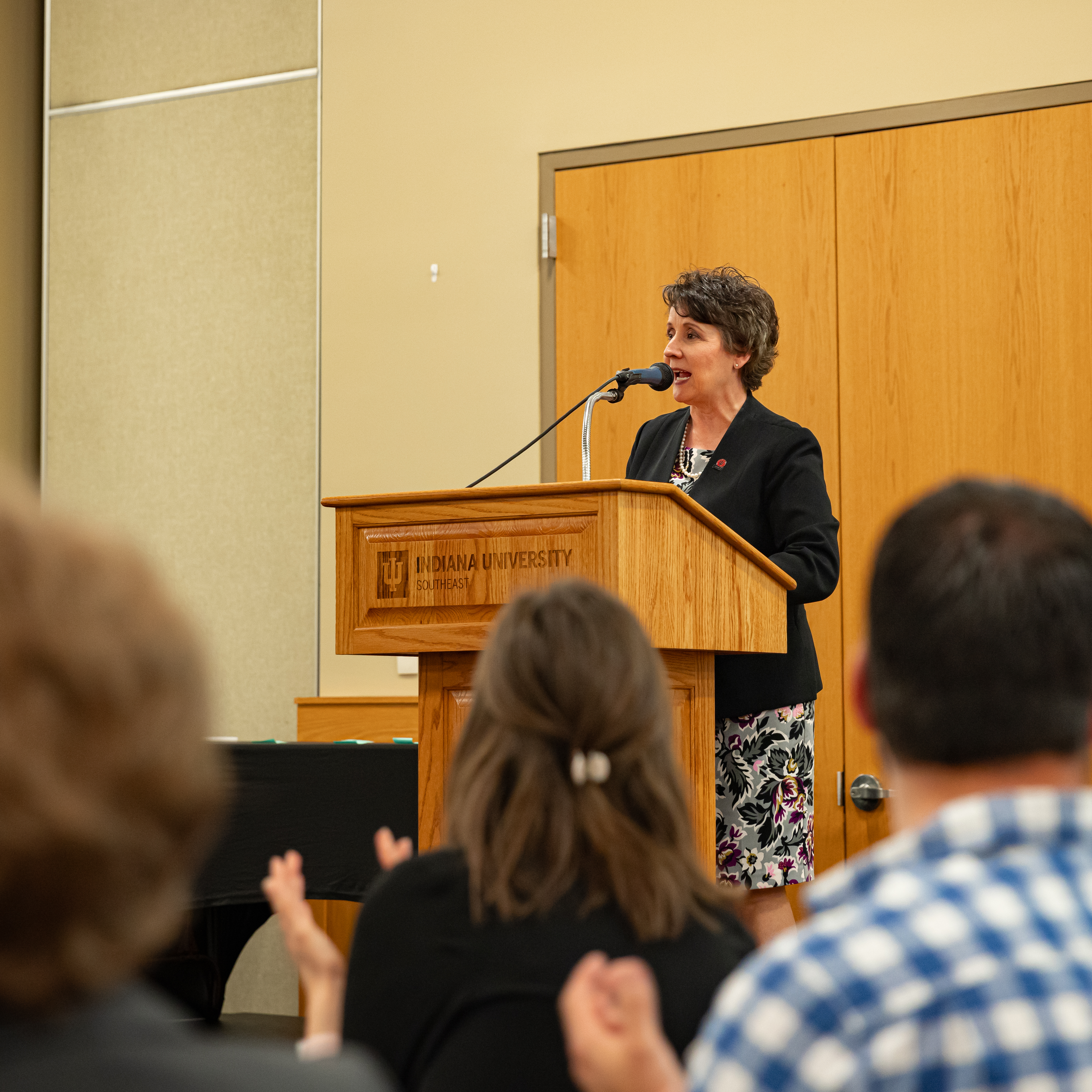Student Learning Outcomes
WRITTEN COMMUNICATION
- Produce texts that use appropriate formats, genre conventions, and documentation styles while controlling tone, syntax, grammar, and spelling.
- Demonstrate an understanding of writing as a social process that includes multiple drafts, collaboration, and reflection.
- Read critically, summarize, apply, analyze, and synthesize information and concepts in written and visual texts as the basis for developing original ideas and claims.
- Demonstrate an understanding of writing assignments as a series of tasks including identifying and evaluating useful and reliable outside sources.
- Develop, assert and support a focused thesis with appropriate reasoning and adequate evidence.
- Compose texts that exhibit appropriate rhetorical choices, which include attention to audience, purpose, context, genre, and convention.
- Demonstrate proficiency in reading, evaluating, analyzing, and using material collected from electronic sources (such as visual, electronic, library databases, Internet sources, other official databases, federal government databases, reputable blogs, wikis, etc.).
- Use and cite the work of others appropriately, avoiding plagiarism, misquoting, and misreading.
- Use writing technologies such as word processing and writing for the Web effectively and appropriately.
ORAL COMMUNCATION
- Use appropriate organization or logical sequencing to deliver an oral message.
- Adapt an oral message for diverse audiences, contexts, and communication channels.
- Identify and demonstrate appropriate oral and nonverbal communication practices.
- Advance an oral argument using logical reasoning.
- Provide credible and relevant evidence to support an oral argument.
- Demonstrate the ethical responsibilities of sending and receiving oral messages.
- Summarize or paraphrase an oral message to demonstrate comprehension.
- Use principles designed to influence attitudes, beliefs and actions.
- Feel comfortable when delivering speeches.
QUANTITATIVE REASONING
- Interpret information that has been presented in mathematical form (e.g. with functions, equations, graphs, diagrams, tables, words, geometric figures).
- Represent information/data in mathematical form as appropriate (e.g. with functions, equations, graphs, diagrams, tables, words, geometric figures).
- Demonstrate skill in carrying out mathematical (e.g. algebraic, geometric, logical, statistical) procedures flexibly, accurately, and efficiently to solve problems.
- Analyze mathematical arguments, determining whether stated conclusions can be inferred.
- Communicate which assumptions have been made in the solution process.
- Analyze mathematical results in order to determine the reasonableness of the solution.
- Cite the limitations of the process where applicable.
- Clearly explain the representation, solution, and interpretation of the math problem.
REASONING ABOUT ETHICAL QUESTIONS or DIVERSITY
Reasoning about Ethical Questions
- Explain and evaluate several key moral principles and ethical theories.
- With respect to a particular moral issue, evaluate alternative positions using appropriate principles or theories and articulate the ramifications and consequences both of alternative courses of action and of the acceptance of different moral principles and ethical theories.
- Engage in moral discussions constructively and effectively.
OR
Diversity
- . Articulate multiple perspectives (including one’s own) on (an) issue(s) that affects one or more socially diverse groups.
- Articulate the social and cultural influences that shape multiple perspectives (including one’s own) on (an) issue(s) that affects one or more socially diverse groups.
- Evaluate multiple perspectives (including one’s own) on (an) issue(s) that affects one or more socially diverse groups.
INFORMATION LITERACY LIBRARY INSTRUCTION
- Use appropriate tools and technologies to identify, access, evaluate, and use information effectively.
- Use information responsibly, in accordance with legal and ethical principles.
CENTRAL IDEAS, ISSUES AND METHODS OF INQUIRY
- ARTS AND HUMANITIES
- Recognize and describe humanistic, historical, or artistic works or problems and patterns of the human experience.
- Apply disciplinary methodologies, epistemologies, and traditions of the humanities and the arts, including the ability to distinguish primary and secondary sources.
- Analyze and evaluate texts, objects, events, or ideas in their cultural, intellectual or historical contexts.
- Analyze the concepts and principles of various types of humanistic or artistic expression.
- Create, interpret, or reinterpret artistic and/or humanistic works through performance or criticism.
- Develop arguments about forms of human agency or expression grounded in rational analysis and in an understanding of and respect for spatial, temporal, and cultural contexts.
- Analyze diverse narratives and evidence in order to explore the complexity of human experience across space and time.
- NATURAL AND PHYSICAL SCIENCES
- Explain how scientific explanations are formulated, tested, and modified or validated.
- Distinguish between scientific and non-scientific evidence and explanations.
- Apply foundational knowledge and discipline-specific concepts to address issues or solve problems.
- Apply basic observational, quantitative, or technological methods to gather data and generate evidence-based conclusions.
- Use current models and theories to describe, explain, or predict natural phenomena.
- Locate reliable sources of scientific evidence to construct arguments related to real-world issues.
- SOCIAL AND BEHAVIORAL SCIENCES
- Demonstrate knowledge of major concepts, theoretical perspectives, empirical patterns, or historical contexts within a given social or behavioral domain. Students will be able to demonstrate an understanding of two important theories and/or interpretations in one or more disciplines in the social sciences
- Identify the strengths and weaknesses of contending explanations or interpretations for social, behavioral, or historical phenomena. Evaluate the quality of arguments and evidence, and the accuracy of claims. Distinguish among facts, inferences, opinions, and, value assertions.
- Evaluate evidence supporting conclusions about the behavior of individuals, groups, institutions, or organizations. Students will be able to evaluate and reach a conclusion about an argument or an explanation based on factual information provided in an assigned reading.
- Recognize the extent and impact of diversity among individuals, cultures, or societies in contemporary or historical contexts.
- Identify examples of how social, behavioral, or historical knowledge informs and can shape personal, ethical, civic, or global decisions and responsibilities.











